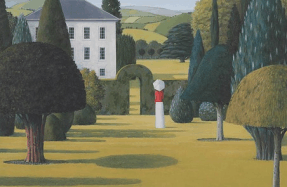The chemicals of happiness

The brain chemicals that make us feel good are inherited from earlier mammals. Dopamine, serotonin, and oxytocin trigger feelings that are easy to understand when you know how they work in other animals. We humans have a big cortex that can inhibit our primal impulses, but the cortex does not control the happy chemicals. If you want to feel good, you have to make peace with your mammal brain.
But the animal facts of life are hard to accept. We like to think animals are loving and cooperative, but in truth they have a lot of conflict. Animals compete for food and mating opportunity, and they enjoy a spurt of happy chemical when they prevail. When they lose, cortisol is released, so they have a lot more stress than you might imagine. Animals don’t theorise about their frustrations because they
You’re reading a preview, subscribe to read more.
Start your free 30 days





